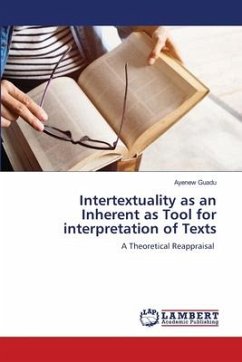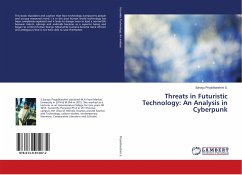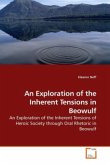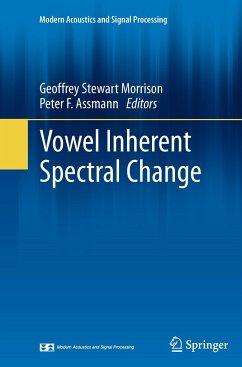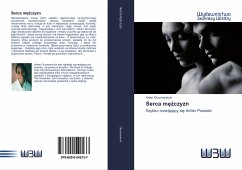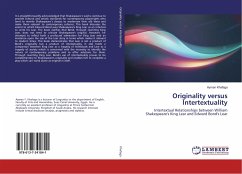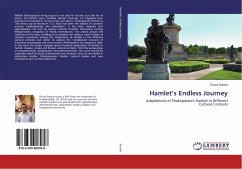The aim of the paper is to discuss the operational concepts and theory of intertextuality as a postmodern theory. Postmodern theory is a theory that emerged in the second half of the 1960s. This theory was born as a reaction to modernity and its ideals. By the 1970s, postmodern aesthetics, on which postmodern theory was based, began to be felt in almost every field of art, from architecture to painting, from literature to cinema. Intertextuality seems such a useful term because it foregrounds notions of relationality, interconnectedness, and interdependence in modern cultural life. In the Postmodern epoch, theorists often claim, it is not possible any longer to speak of originality or the uniqueness of the artistic object, be it a painting or novel, since every artistic object is so clearly assembled from bits and pieces of already existent art. An author or poet can use intertextuality deliberately for a variety of reasons. They would probably choose different ways of highlighting intertextuality depending on their intention. They may use references directly or indirectly.

